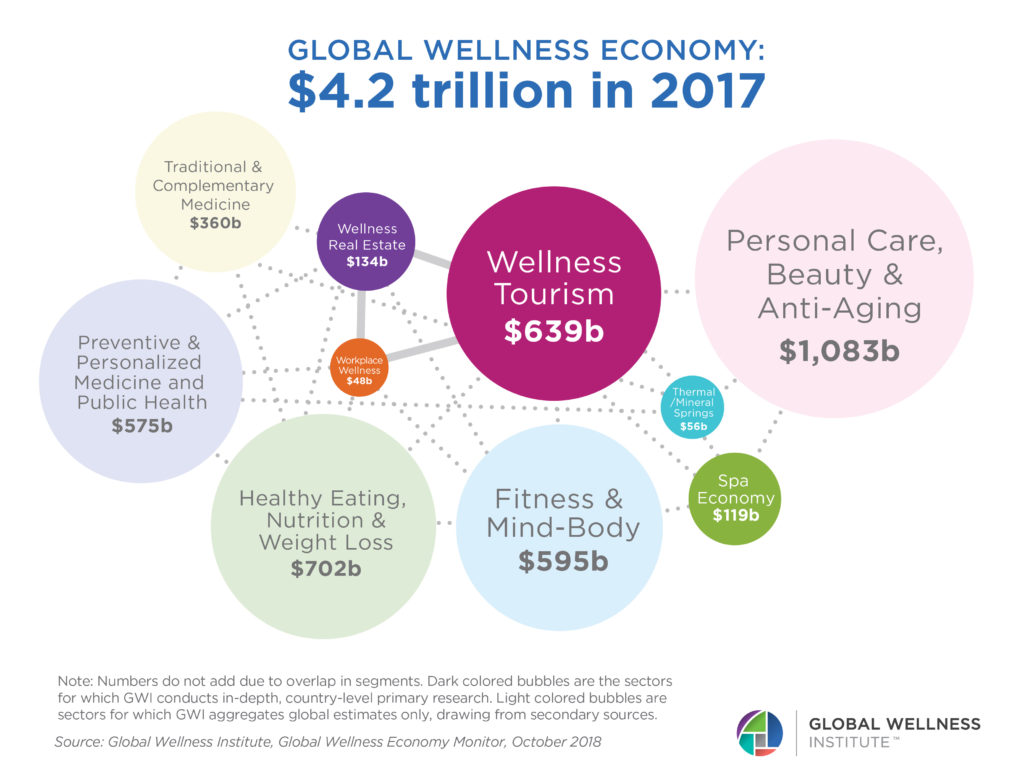Although wellness touts itself as being the key to a more fulfilling life, it may in fact be destroying both our bodies and the planet.
Throughout the last decade, ‘wellness’ has become such a ubiquitous part of mainstream culture that in 2022, it’s relatively difficult to imagine a world without it.
The term, which was coined in the 50s when people began realising that there’s a great deal more to health than merely treating illnesses reactively, refers to making conscious decisions that’ll supposedly lead to a more fulfilling life.
Yet regardless of how a variety of the trends experts tout as being the key to achieving ultimate happiness are certainly worthwhile – such as mindfulness and meditation – many of them are often just fads with no real proof that they have the potential to make a difference to our overall wellbeing.
One simply needs to think back to when Goop-founder Gwyneth Paltrow got sued for selling expensive crystal eggs because she claimed that shoving them up our hoo-has had the ‘power to cleanse and clear’ for an example of this.
Or when juicing was the talk of the town in 2018 for its alleged ability to boost our immune systems despite the absence of scientific evidence suggesting it’s any healthier than eating fresh produce whole.
And don’t even get me started on the explosion of teatoxes which promised to help us lose weight and feel less bloated but instead forced us to rush to the toilet multiple times a day.
At least Instagram rolled out policies restricting celebrities from posting about this one, I guess.

Now this isn’t to say that I wholeheartedly oppose wellness, quite the opposite in fact given how partial I am to a daily yoga practice, journaling, and the occasional womb-healing crystal ceremony, but I am convinced there needs to be more clarity when it comes to what works and what doesn’t.
Particularly from the brands and influencers indoctrinating impressionable audiences online.
Not only this, but improved transparency around the destructive impact of our wellness-obsessed society on both our bodies and the planet is essential going forward.
Namely because despite what social media would have you believe, our dietary choices aren’t the leading cause of the current climate crisis.
Rather the wellness organisations peddling myths that their products are Earth-friendly and seeking to profit off the eco-anxiety that’s widely felt by younger generations dedicated to being conscious.


















